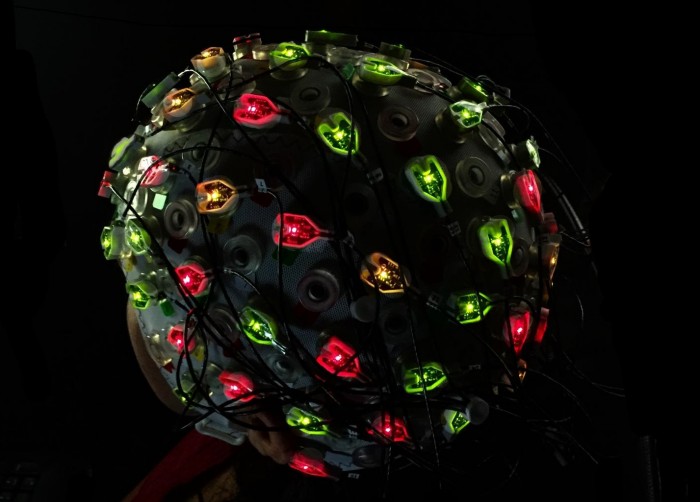UC San Diego Helps Expand COVID-19 Contract Tracing App in CA
The COVID-19 contact tracing app technology, released by Apple and Google, was initially launched at UC San Diego and will be available to all Californians by the end of the week.

Source: Thinkstock
- The California governor’s office recently announced a statewide expansion to make COVID-19 contact tracing app, CA Notify, available to all Californians by the end of the week through a partnership with UC San Diego Health.
The technology, released by Google and Apple at the start of the pandemic, notifies individuals who opt into the app if they have been exposed to someone who tested positive for COVID-19.
“Imagine your phone being able to tell you that you’ve been exposed to COVID-19 — or better yet — that you can anonymously alert others, even strangers, of a potential exposure so they can get tested,” Christopher Longhurst, MD, chief information officer and professor of biomedical informatics and pediatrics at UC San Diego Health, said in the announcement.
“This free and reliable smartphone technology can help all Californians. As we enter a new, and hopefully final, surge in the pandemic, now more than ever is the time to put every possible tool to use to slow the spread of the virus,” he continued.
CA Notify was initially launched at UC San Diego and expanded at UC San Francisco, UC Berkeley, UC Davis, UCLA, UC Santa Barbara, and UC Riverside.
The pilot was designed to allow UC to quickly and efficiently incorporate real user feedback into the advancements of CA Notify.
In just under a week, UC San Diego reported an adoption rate of over 50 percent among on-campus staff and employees. And so far, over 50 COVID-19 exposure notifications have been triggered, helping to protect the community as a whole.
“CA Notify mobile technology has been an integral part of our nationally acclaimed Return to Learn program,” said Pradeep K. Khosla, UC San Diego chancellor.
“During our pilot, more than 15,000 users activated the technology and would have been alerted if they had been in close proximity to individuals who tested positive for COVID-19. The expanded activation of this technology will enhance its effectiveness,” Khosla continued.
UC San Diego Health will provide infrastructure, education, and support for CA Notify, including a call center and a public website. The call center will help answer questions regarding mobile tools and how they work on Apple and Google devices.
“CA Notify empowers you to help contain the spread of COVID-19,” said Marc Sylwestrzak, information systems director, experience and digital health at UC San Diego Health. “You can do your part just by turning it on. It’s free, easy to do, as effortless as carrying your phone with you.”
Exposure notification is vital to helping individuals take the steps they need to stay healthy and help to slow the spread of transmission.
Back in April, Apple and Google partnered to create app-building software for public health agencies working to contain the spread of the virus.
As part of the initiative, the companies enabled a broader Bluetooth-based contact-placing platform, which is more advanced than an API. This allowed for a broader range of individuals to participate.
Four months later, Nevada and Virginia launched individual COVID-19 tracing apps leveraging the Apple-Google COVID-19 exposure software build into smartphones.
Virginia was the first state in the US to use the Apple-Google COVID-19 exposure and Bluetooth technology to create an app, known as Covidwise.
Then at the end of September, Governor Gavin Newsom announced that Washington and Oregon joined California in piloting a project to test promising exposure notification technology.
California, Washington, and Oregon will now join Colorado and Nevada, which are also members of the Western States Pact. The pilot will also include universities across the country.
“This innovative solution will help us slow the spread of this deadly virus. We should use this tech to our advantage, and the more states and people that participate, the more we can detect and prevent potential hot spots and defeat the virus,” Colorado Governor Jared Polis, said in the September announcement.
